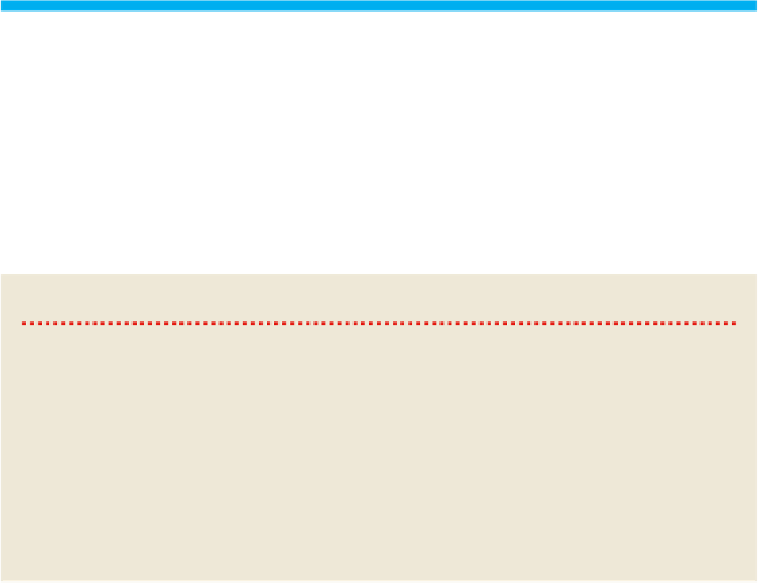Travel Reference
In-Depth Information
TOP OF CHAPTER
The Culture
Mauritius is often cited as an example of racial and religious harmony, and compared with
most other countries it is. On the surface, there are few signs of conflict. However, racial
divisions are still apparent, more so than in Réunion or the Seychelles. Tensions between
the Hindu majority and Muslim and Creole minorities persist despite the general respect
for constitutional prohibitions against discrimination and constitute one of the country's
few potential political flash points, although these rarely simmer to the surface except dur-
ing elections when political parties aren't averse to playing the race card.
ETIQUETTE IN MAURITIUS
The people of Mauritius have a well-deserved reputation for being exceptionally tolerant - if you breach some
unknown code of etiquette you're likely to be quickly forgiven. That said, there are a few 'rules' of behaviour that
you should try and abide by.
Although beachwear is fine for the beaches, you will cause offence and may invite pestering if you dress
skimpily elsewhere. Nude bathing is forbidden, while women going topless is tolerated around some hotel pools,
but rarely on the beaches.
Mauritius has many temples and mosques. You are welcome to visit, but should dress and behave with respect:
miniskirts and singlet tops are no-nos, and it is normal to remove your shoes - there's usually a sign indicating
where to leave them. Many temples and mosques also ask you not to take photos, while some Hindu temples re-
quest that you remove all leather items, such as belts. At mosques, you may be required to cover your head in cer-
tain areas, so remember to take along a scarf. Never touch a carving or statue of a deity. If at any time you're un-
sure about protocol, the best thing to do is ask.
Living Standards
As a result of the ongoing economic boom and political stability, overall living standards
have improved in recent years and the majority of houses now have piped water and elec-
tricity. However, the gap between rich and poor is widening. It is estimated that the top
20% of the population earns 45% of the total income and that 10% lives below the
poverty mark. A labourer's wage is just Rs 6000 per month, while a teacher might earn Rs
12,000. You'll find a few beggars around the markets and mosques, but the visible presen-
ce of poverty on the streets is relatively discreet.
Mauritians place great importance on education - not just to get a better job, but as a
goal in its own right. Lawyers, doctors and teachers are regarded with tremendous respect.



